Log in or sign up to connect with businesses, services, and your professional network.
Gary Vaynerchuk’s Social Media Insights
In this blog, we will explore effective strategies on how to accomplish any goal by understanding the importance of mindset, desire, and structured action. By following these steps, you’ll learn how to create actionable plans that will lead you to success.
Table of Contents
Understanding the Goal Card
The goal card is a powerful tool designed to align your mindset with your ambitions. It serves as a daily reminder of your objectives, reinforcing your commitment and focus. By visualizing your goals, you can effectively spread influence and attract the right opportunities that resonate with your vision.
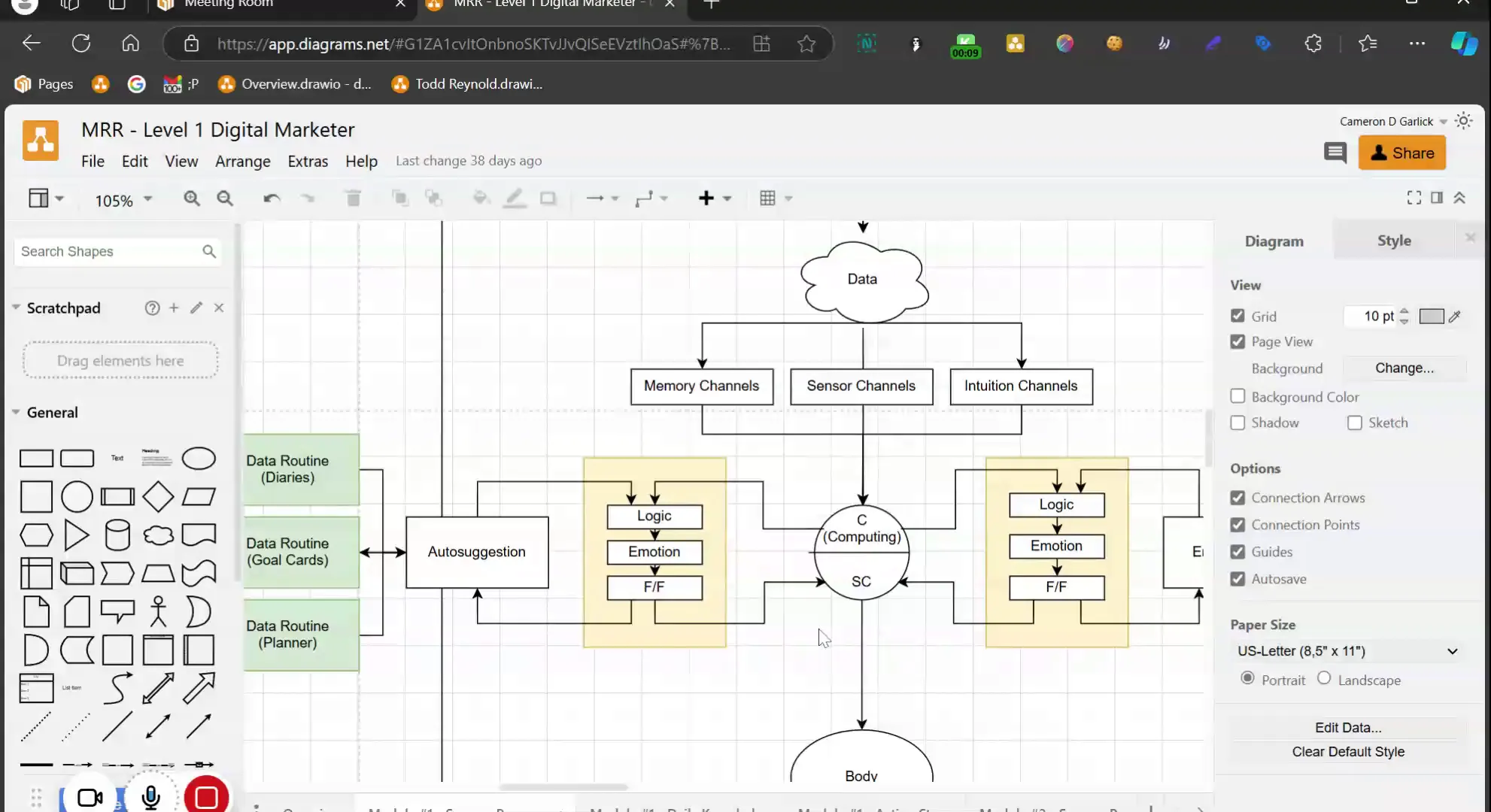
The Blueprint of Success
At the heart of achieving your goals lies a blueprint that connects your conscious and subconscious minds. This blueprint consists of two realms: the actual world and the ideal world. The actual world represents your current reality, while the ideal world symbolizes your aspirations and potential.
These two sides work in synergy, embodying the law of correspondence, which states that what exists in one realm can also exist in another. Understanding this principle allows you to replicate successful strategies across different areas of your life.
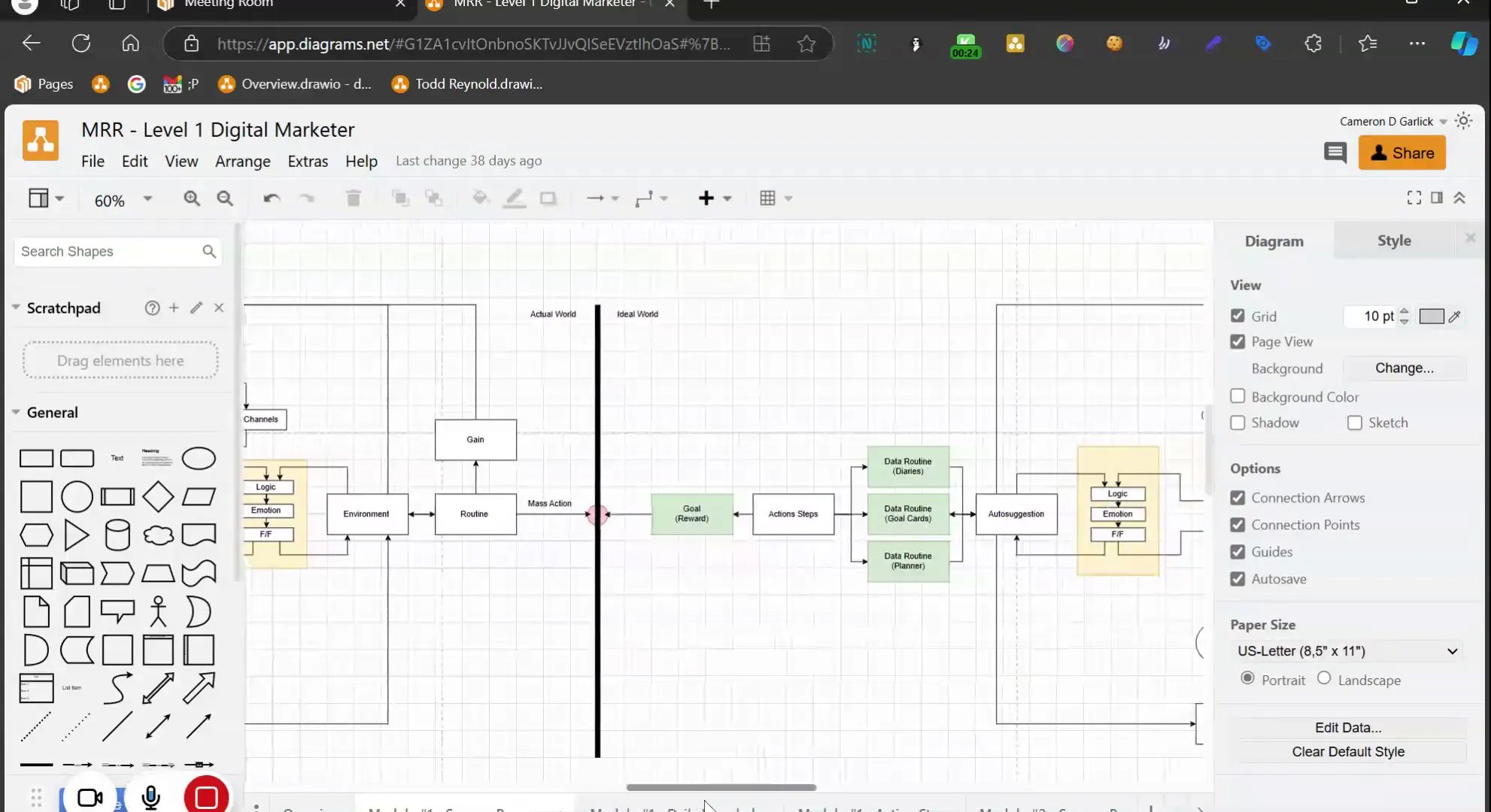
Consciousness and Subconsciousness
Your consciousness acts as a processing unit, computing the information you encounter daily. It is influenced by your memories, sensory experiences, and intuitive feelings. Each of these elements plays a significant role in shaping your thoughts and actions.
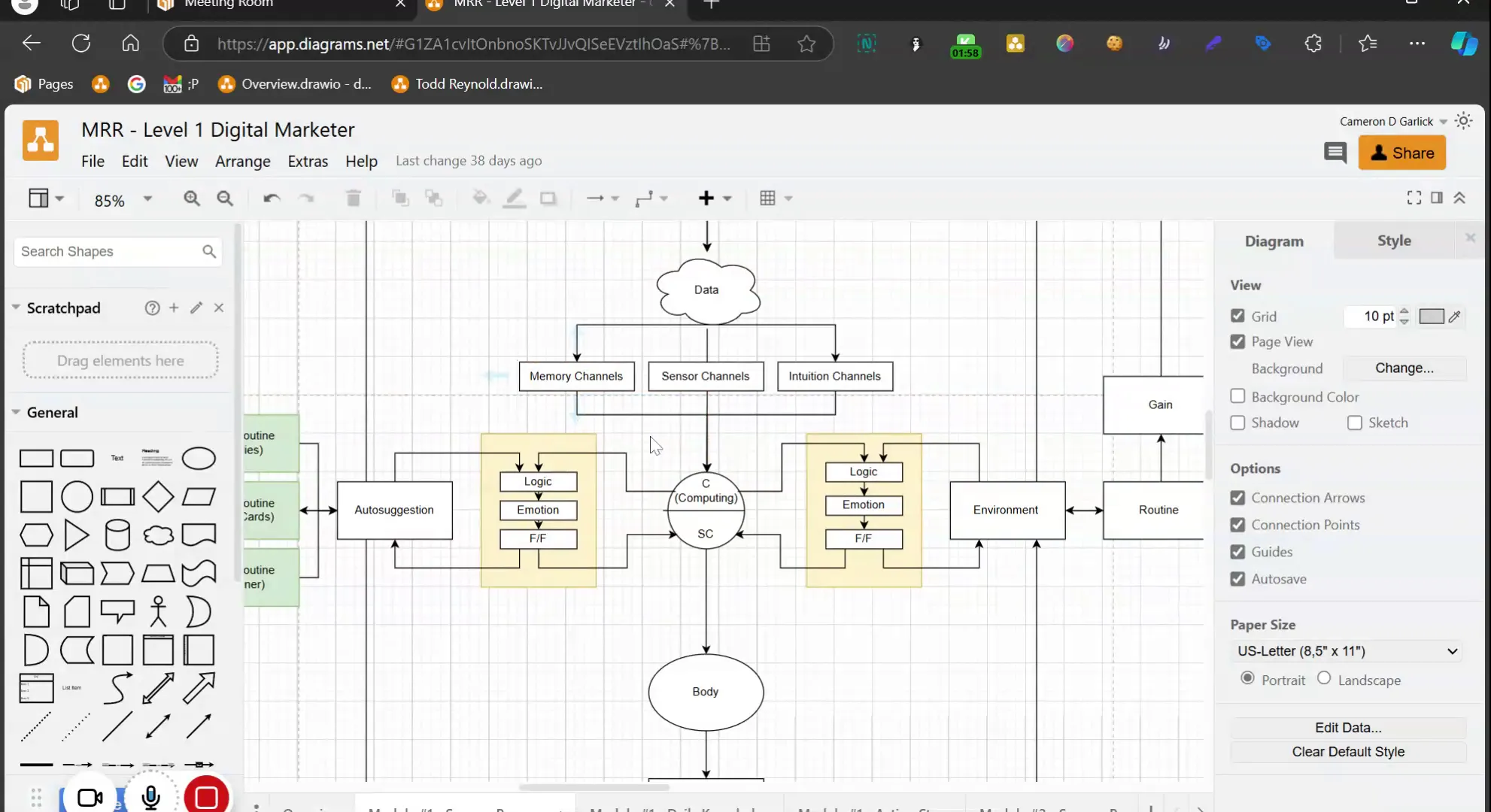
The Role of Memory, Sensory, and Intuition Channels
Each channel plays a pivotal role in how you perceive your goals. Memories can empower or hinder you, depending on their nature. Sensory experiences provide real-time information that shapes your decisions, while intuition offers insights that may not be immediately obvious.
To effectively reach your goals, you must navigate these channels, understanding their influence on your thoughts and actions. This understanding allows you to make informed choices that align with your objectives.
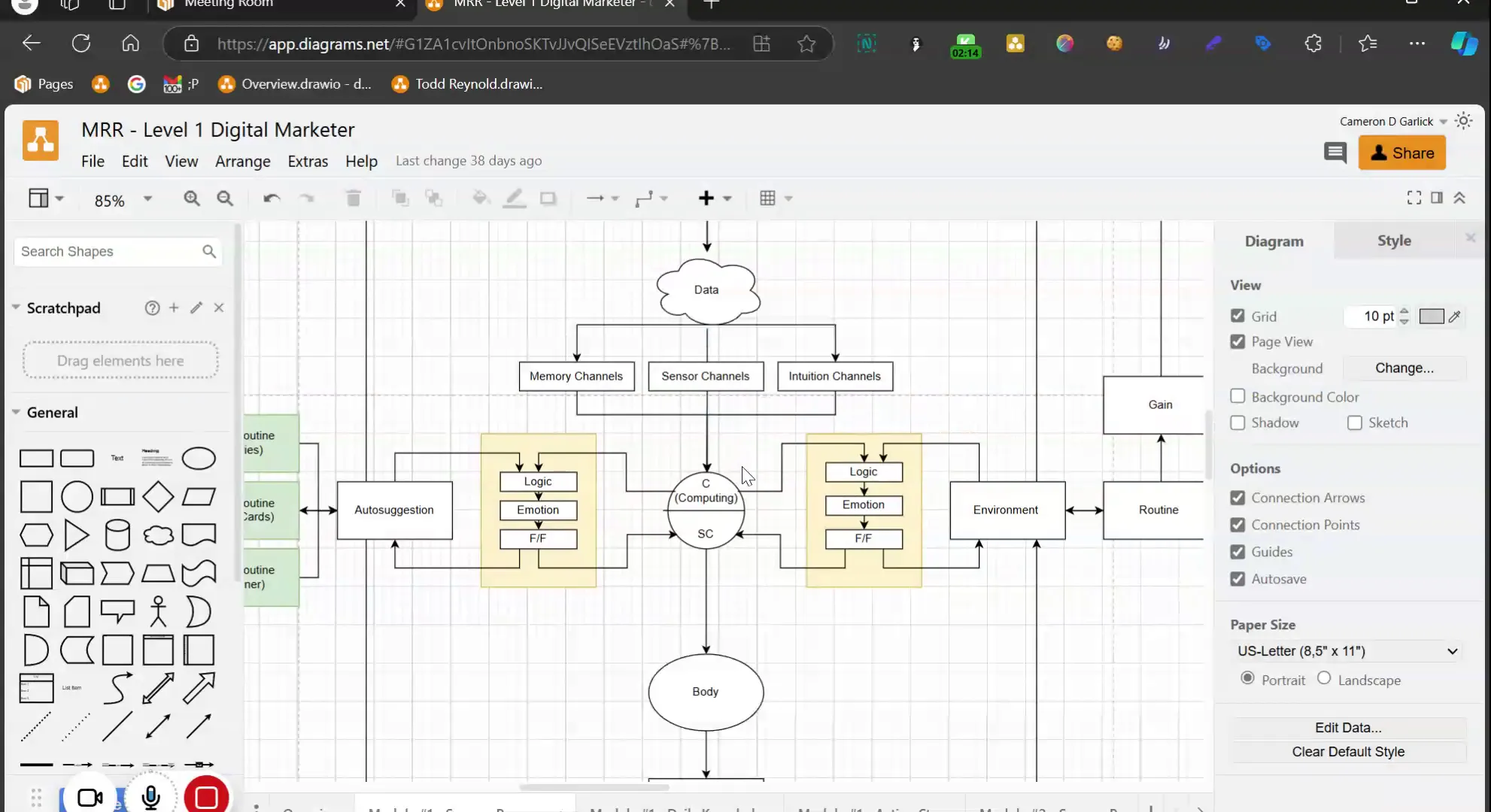
Opening the Door to New Realities
Visualize your subconscious as a door leading to new realities. To access these realities, you must first understand the processes involved in transitioning from your current state to your desired state. This involves using your logic, emotions, and instincts to create a compelling vision of success that resonates with your subconscious.
When you open this door, you begin to experience the life you aspire to lead, filled with success and fulfillment. This shift in perspective is crucial for achieving your goals.
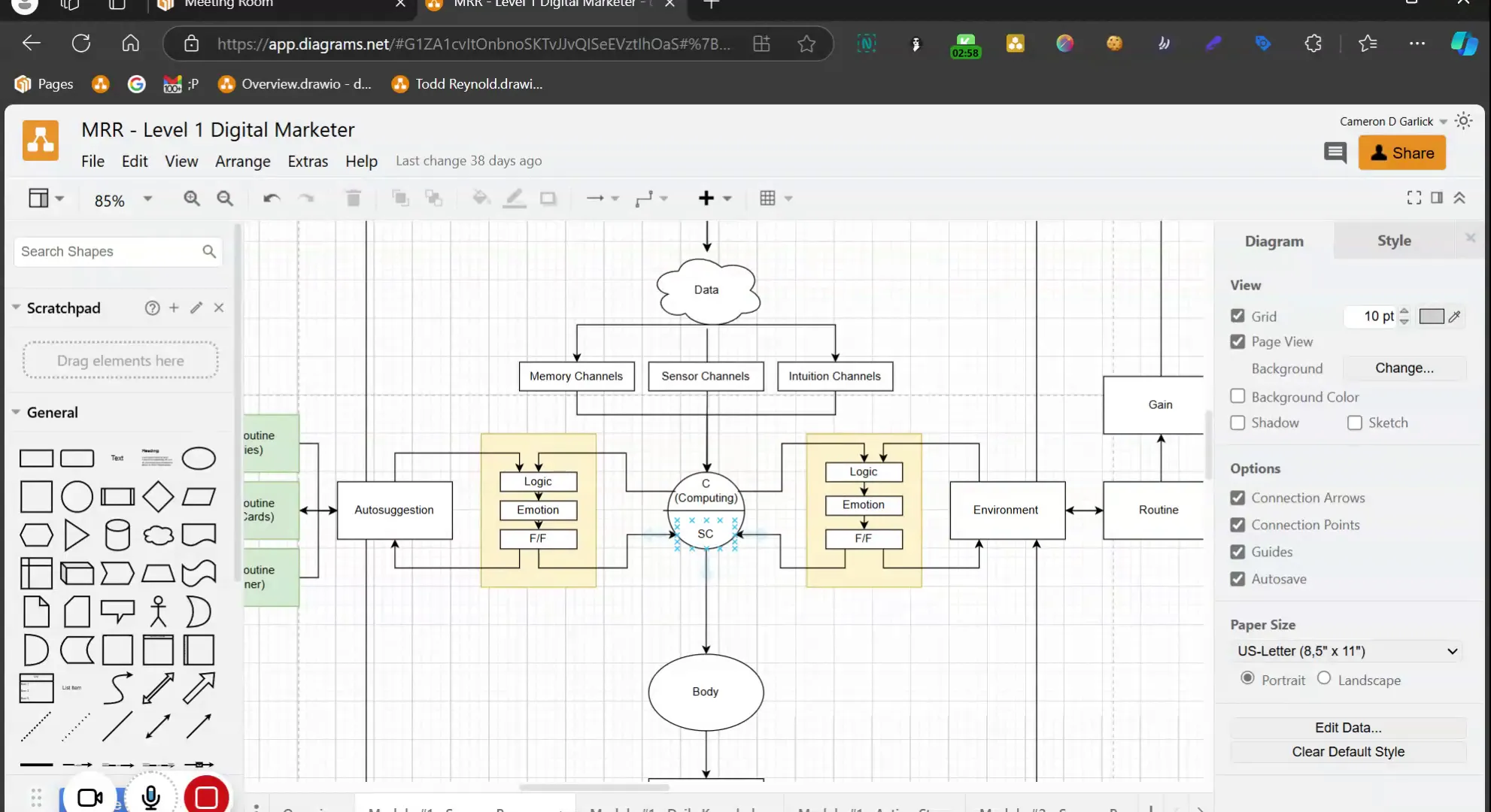
The Logic, Emotion, and Fight or Flight Response
Your brain processes information through three primary aspects: logic, emotion, and the fight or flight response. Each of these elements must be engaged to effectively embed new information into your subconscious.
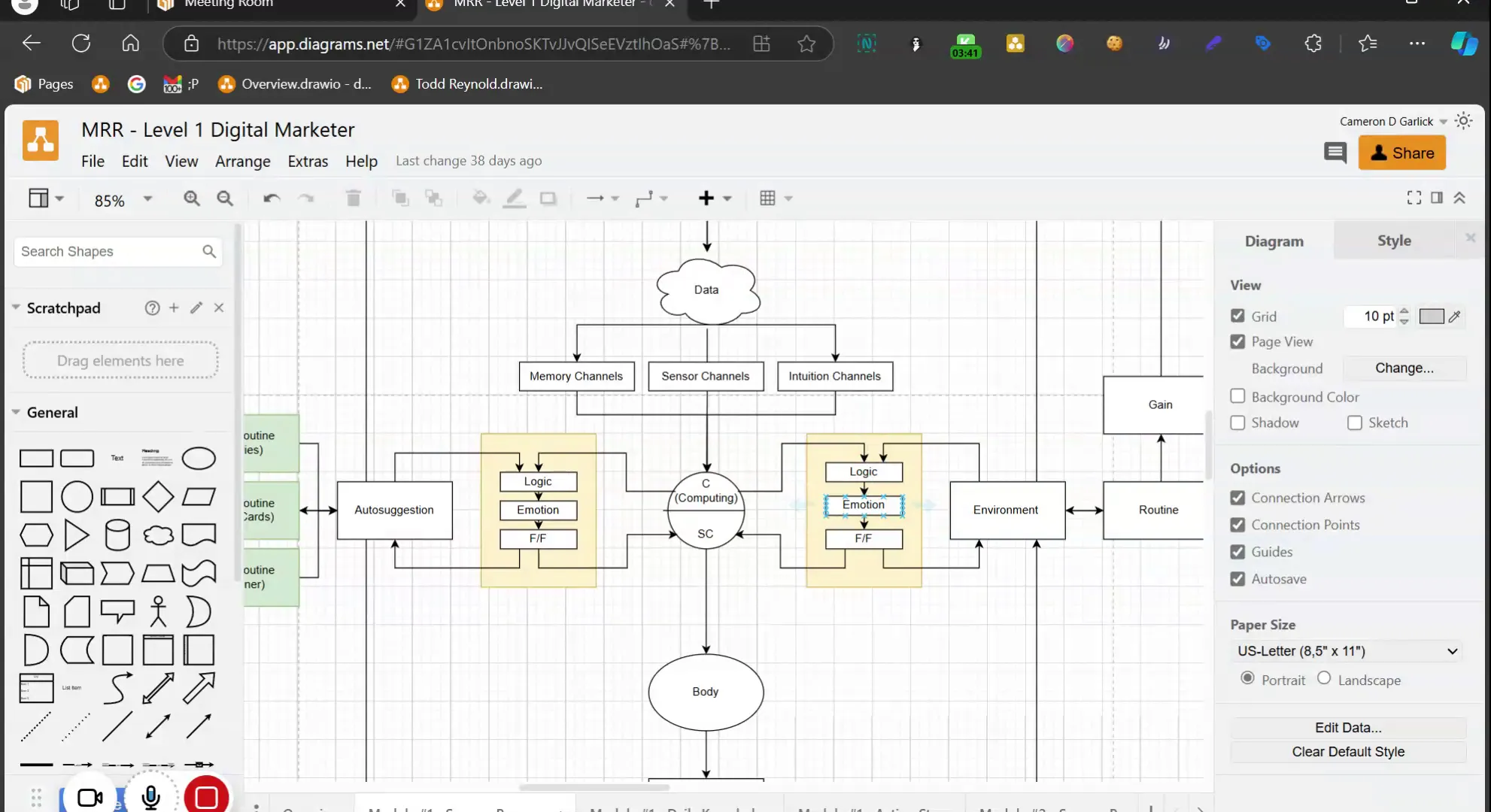
Programming Your Mindset
One effective method of programming your mindset is through autosuggestion. This technique involves repeating affirmations or visualizations that align with your goals. By consistently embedding these thoughts into your subconscious, you create a powerful foundation for success.
Consider reading resources like "Think and Grow Rich" or works by Earl Nightingale to explore autosuggestion further. These principles allow you to mimic successful behaviors and reactions, ultimately transforming your mindset.
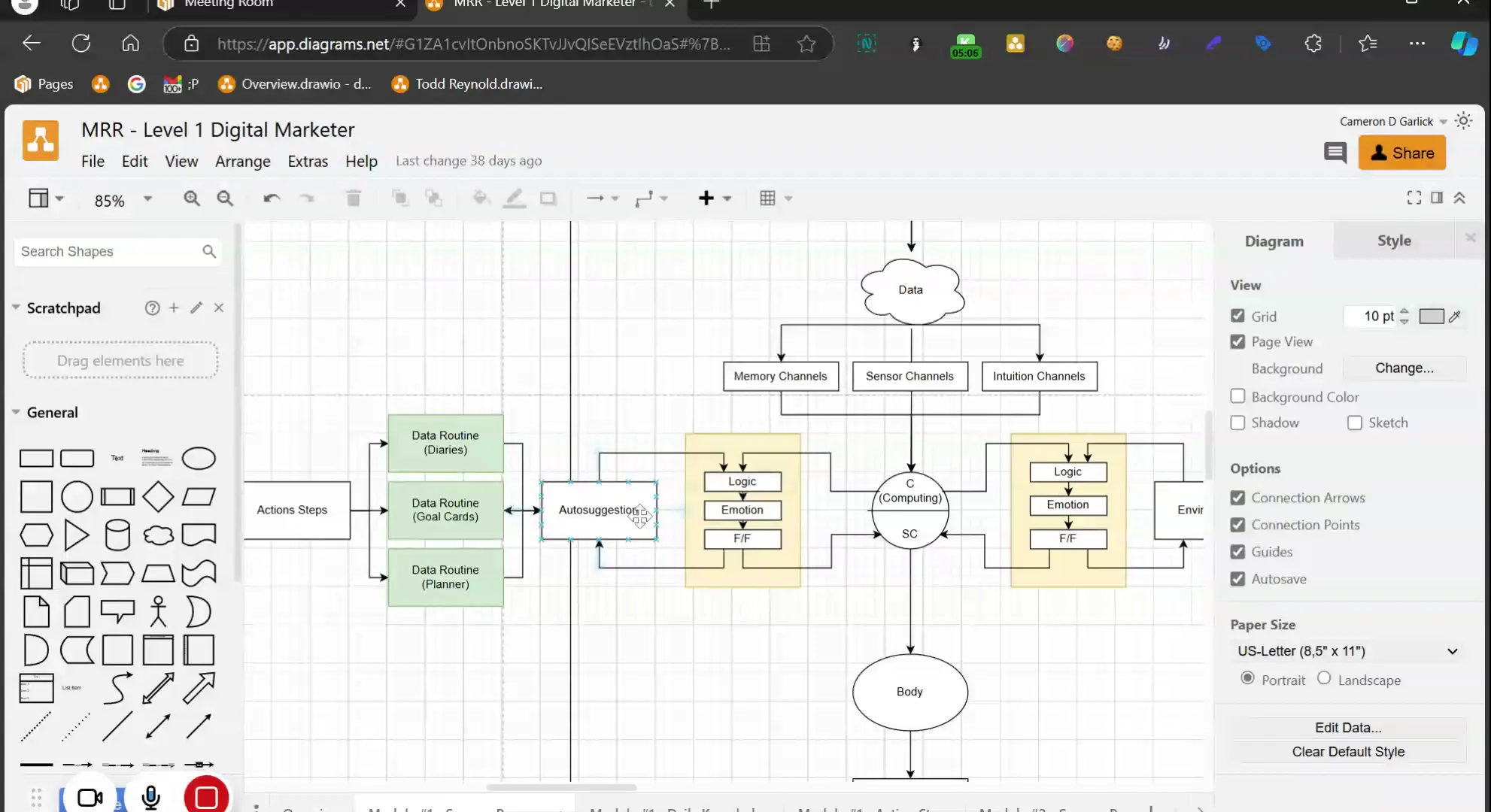
Creating Your Goal Card
A goal card is a tangible representation of your aspirations. It serves as a constant reminder of what you want to achieve, helping to keep you focused and motivated. When crafting your goal card, be specific about your goals and include both short-term and long-term objectives. This clarity will guide you in your daily actions toward achieving your dreams.
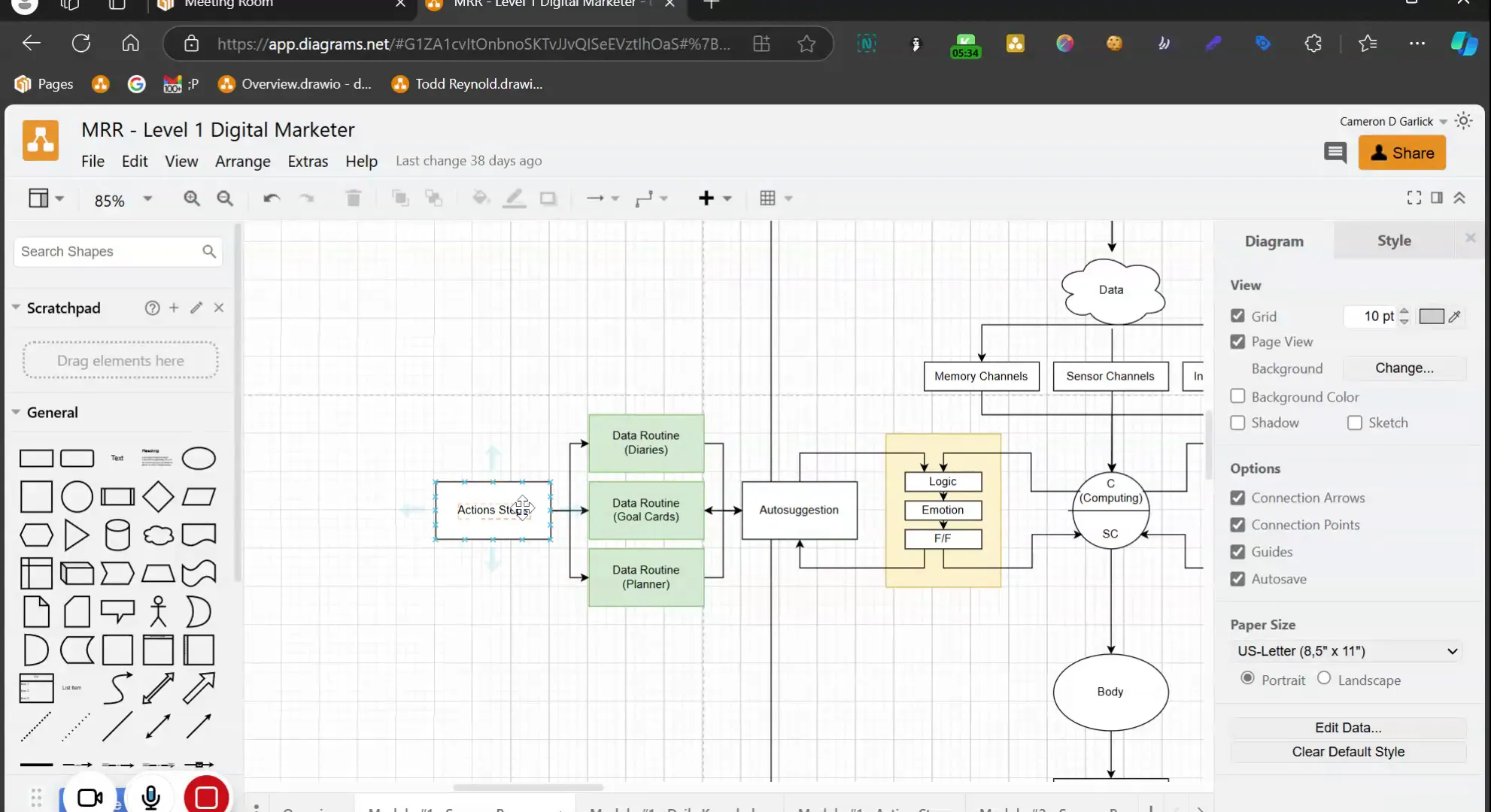
Steps to Create Your Goal Card
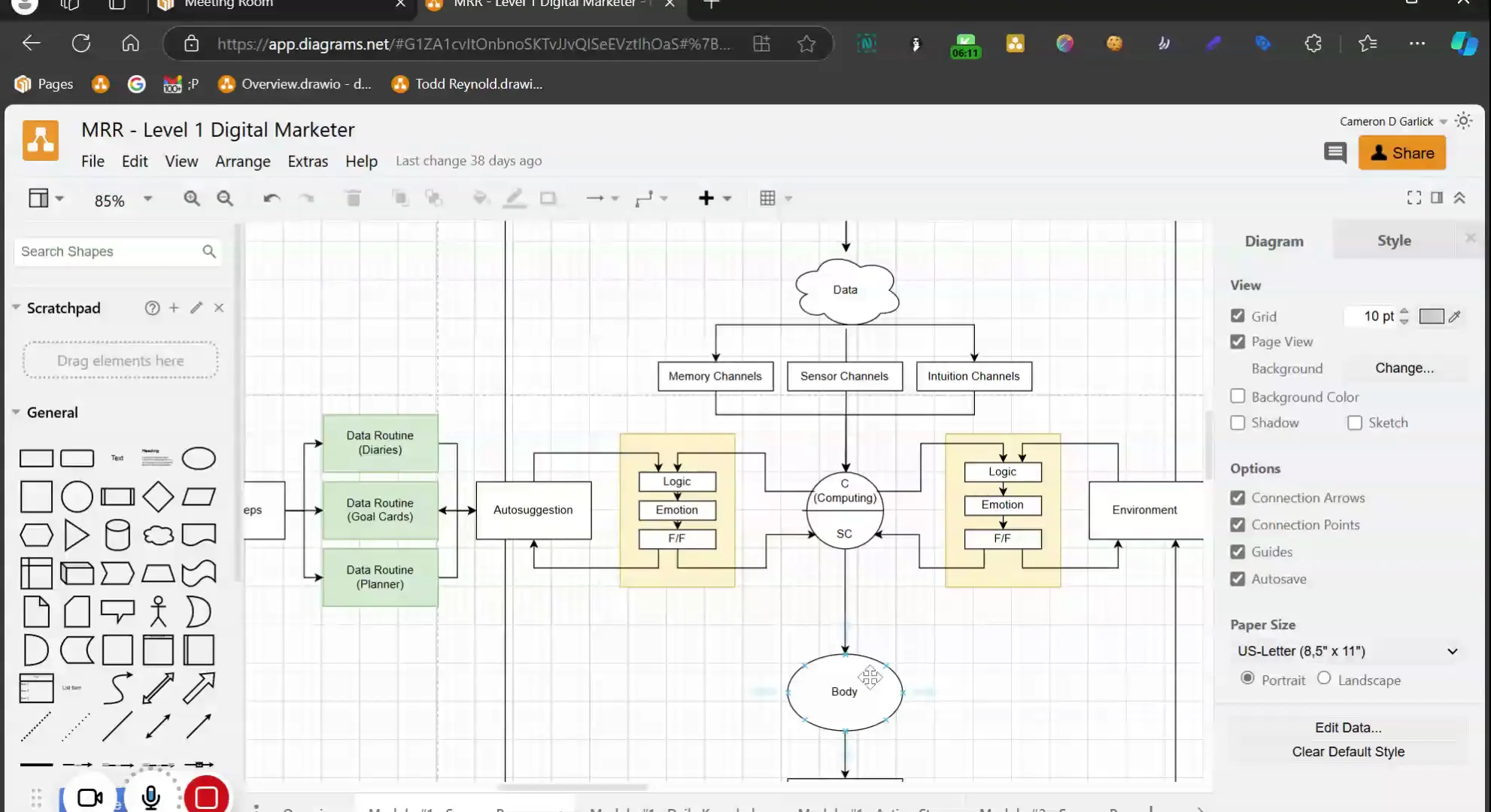
Establishing a Burning Desire
Before you can achieve any goal, you must cultivate a burning desire. This desire acts as the fuel that propels you forward. Without a strong emotional connection to your goals, your efforts may lack the intensity needed for success.
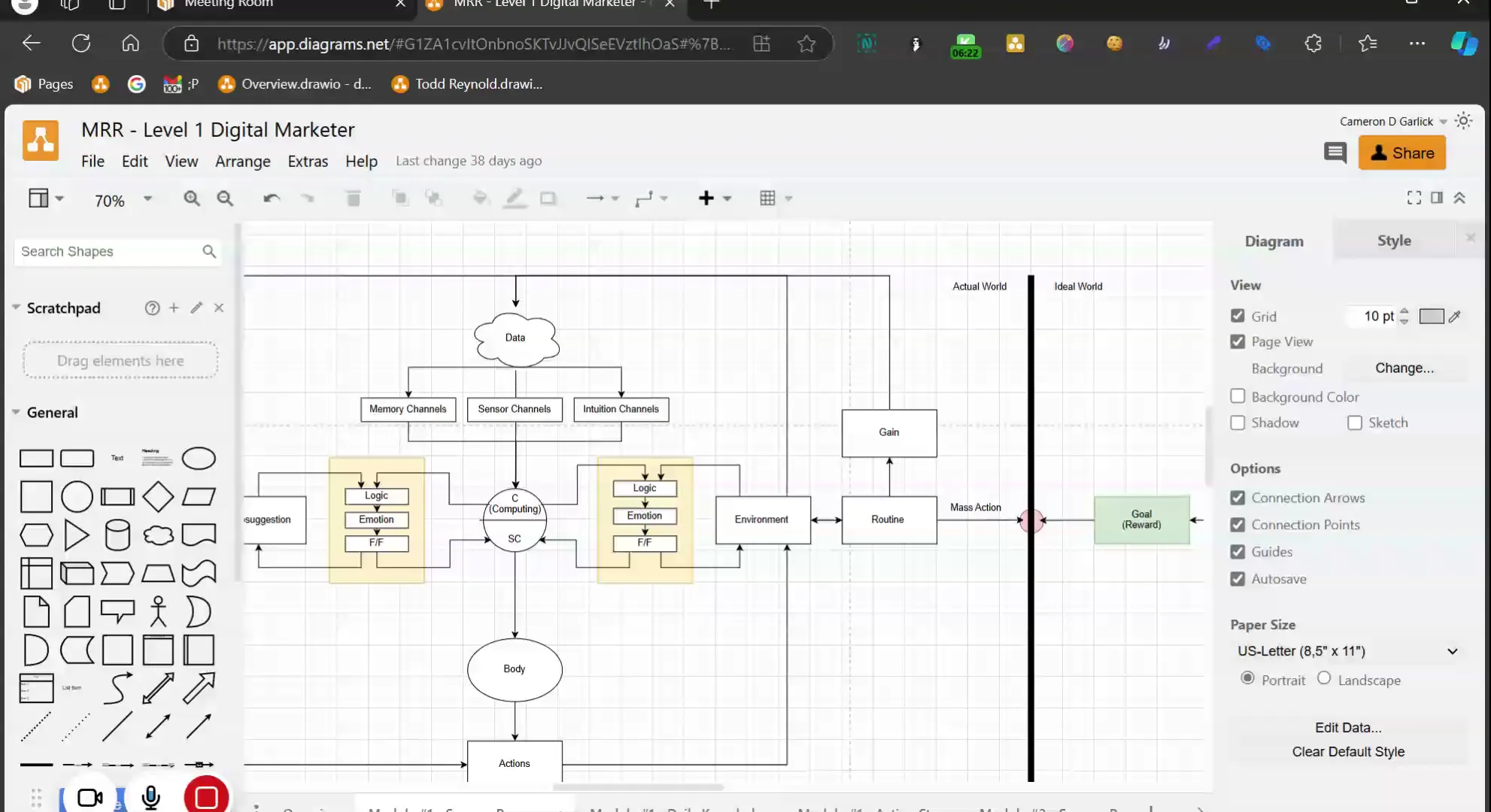
How to Develop a Burning Desire
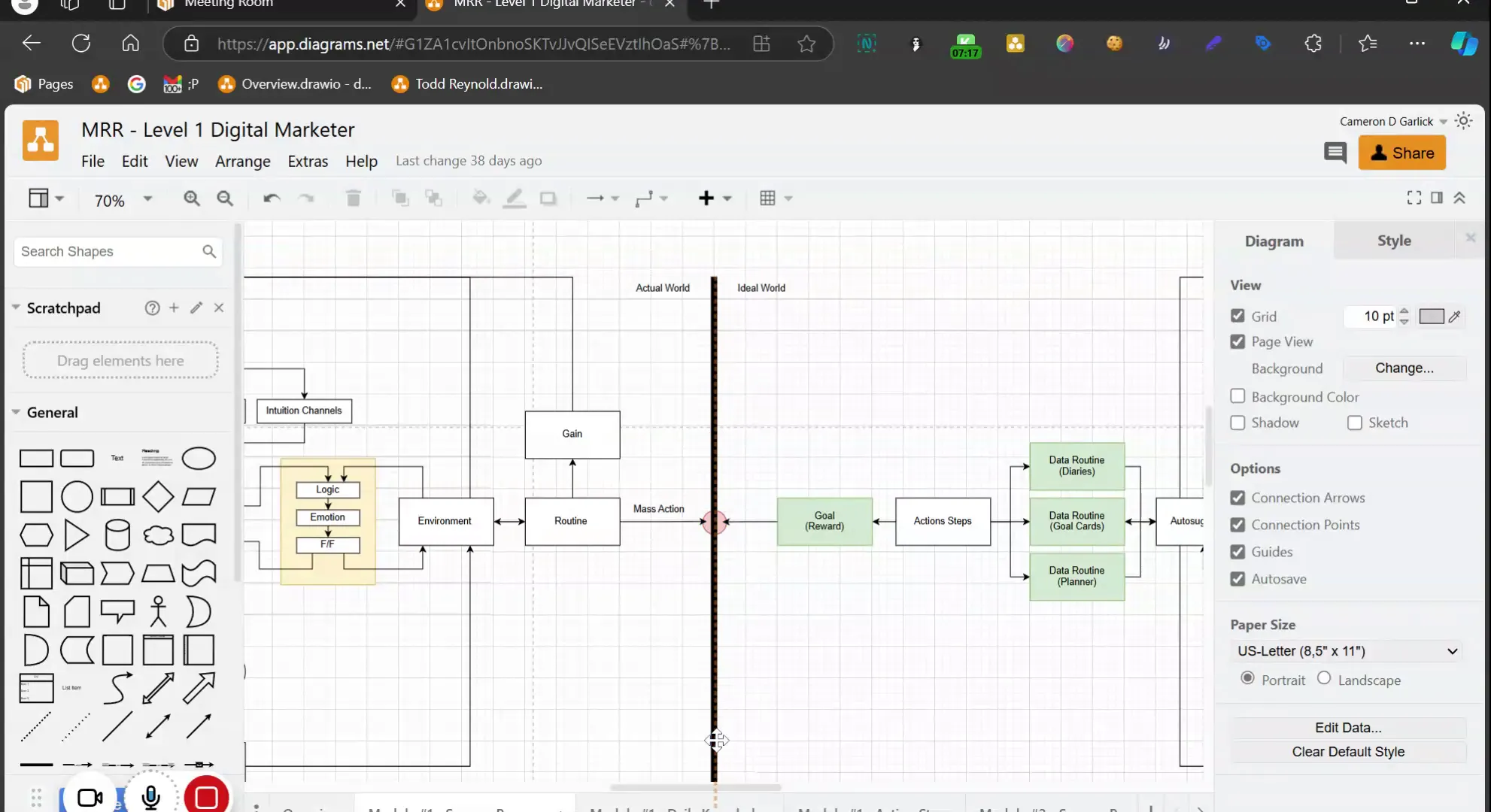
Defining Your Goals
Once you have established a burning desire, the next step is to define your goals clearly. A well-defined goal is measurable, specific, and actionable. It provides a roadmap for your journey, making it easier to track your progress.
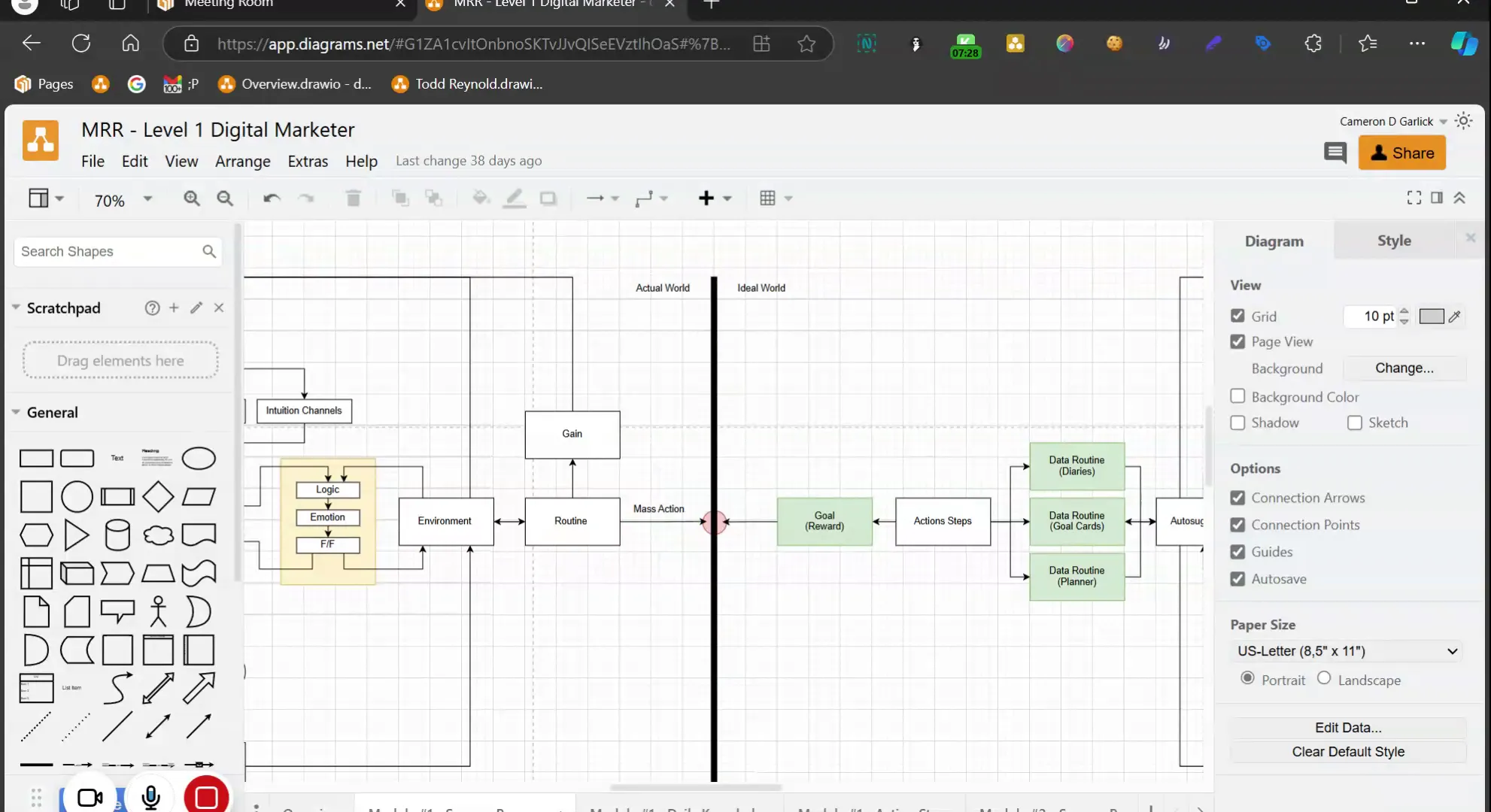
Key Components of Goal Definition
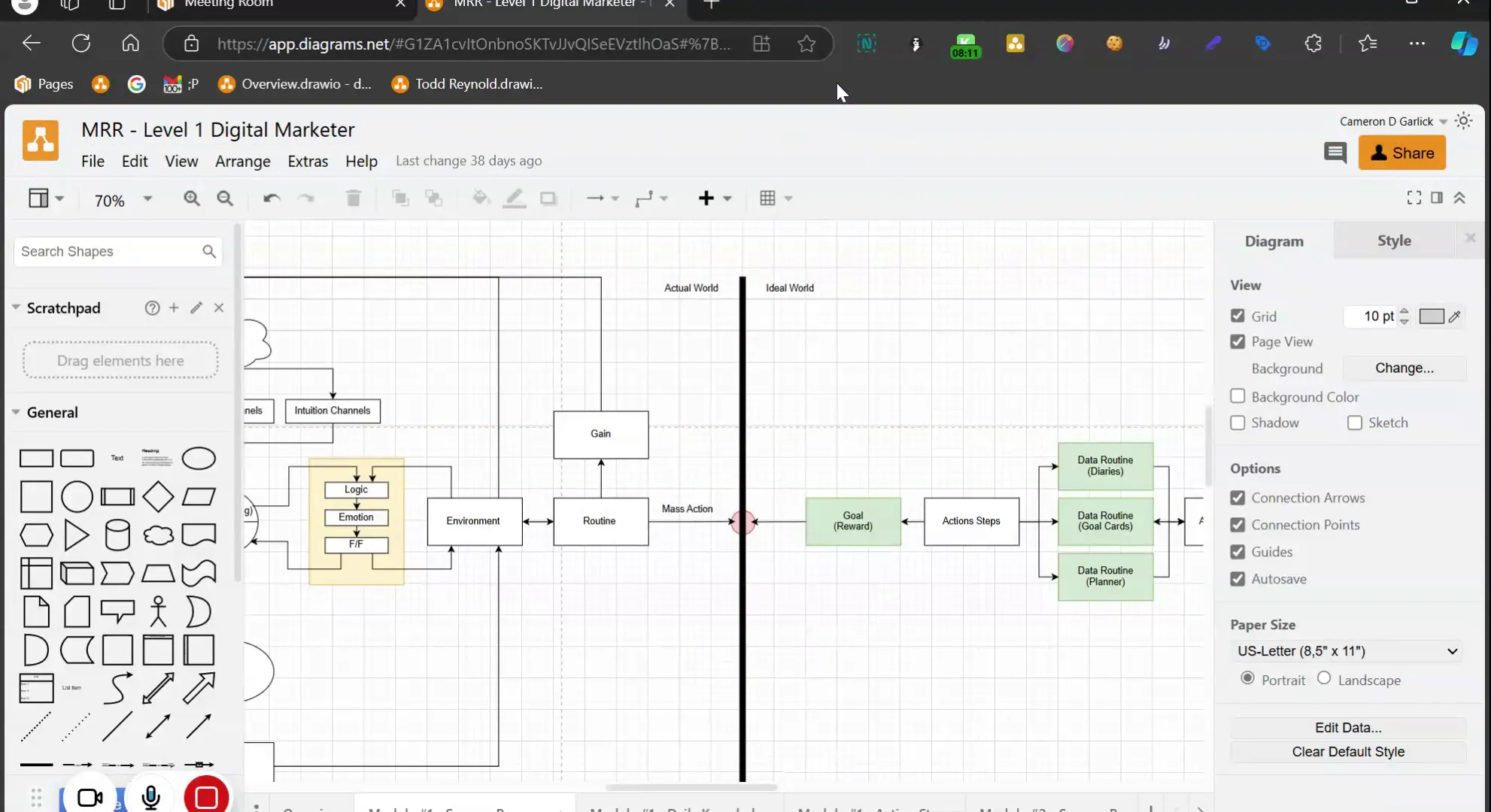
The Importance of a Complex Result
A complex result is essential for achieving your goals. It goes beyond a simple statement of desire and incorporates specific details that outline what success looks like. This complexity helps you visualize your end goal and understand the steps necessary to get there.
Crafting Your Complex Result
Sacrifices and Actions Required
Achieving any goal requires sacrifices and actions. You must be willing to dedicate time, energy, and resources to your pursuits. Recognizing what you are willing to give up is critical to your success.
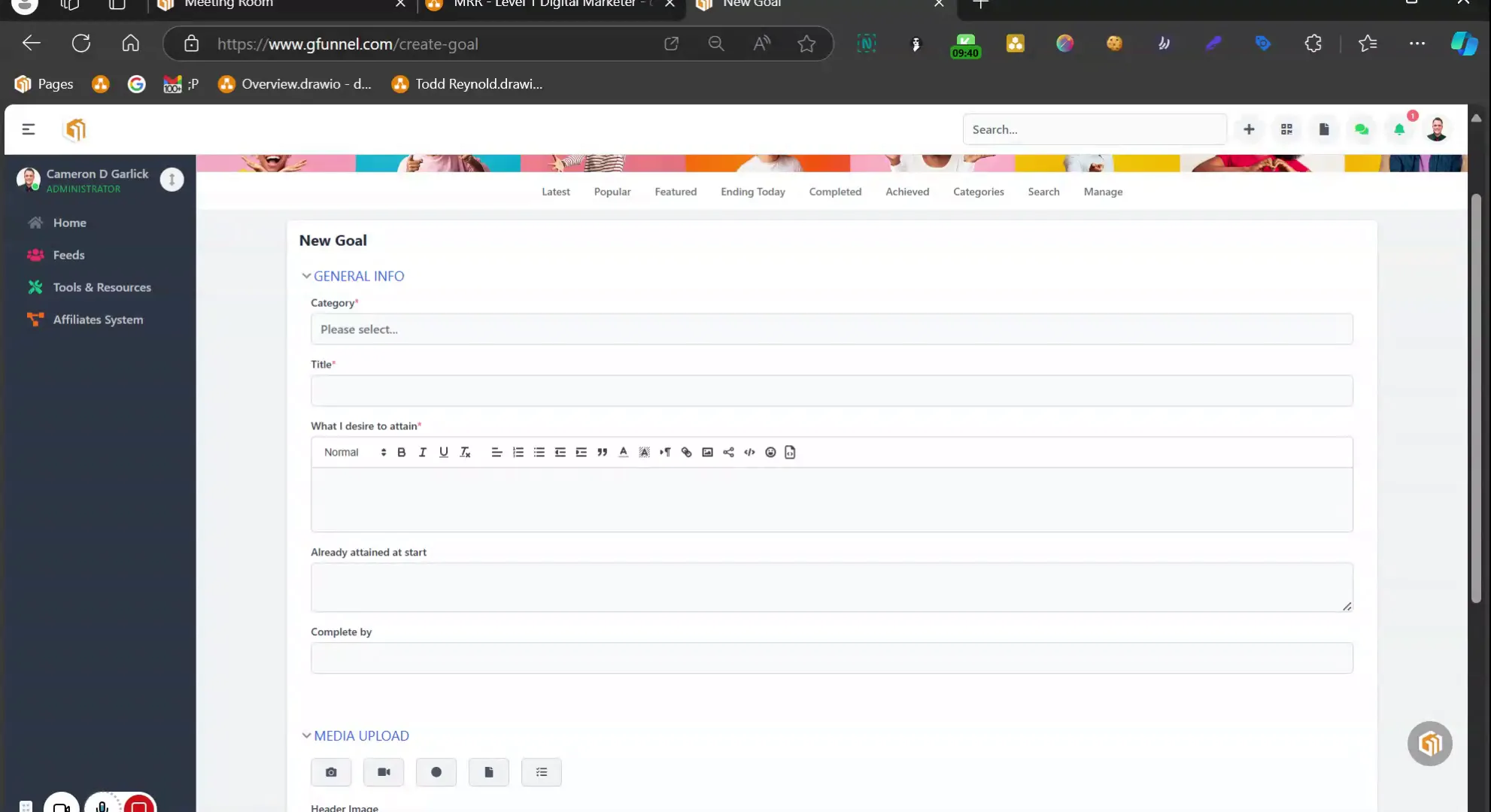
Identifying Your Sacrifices
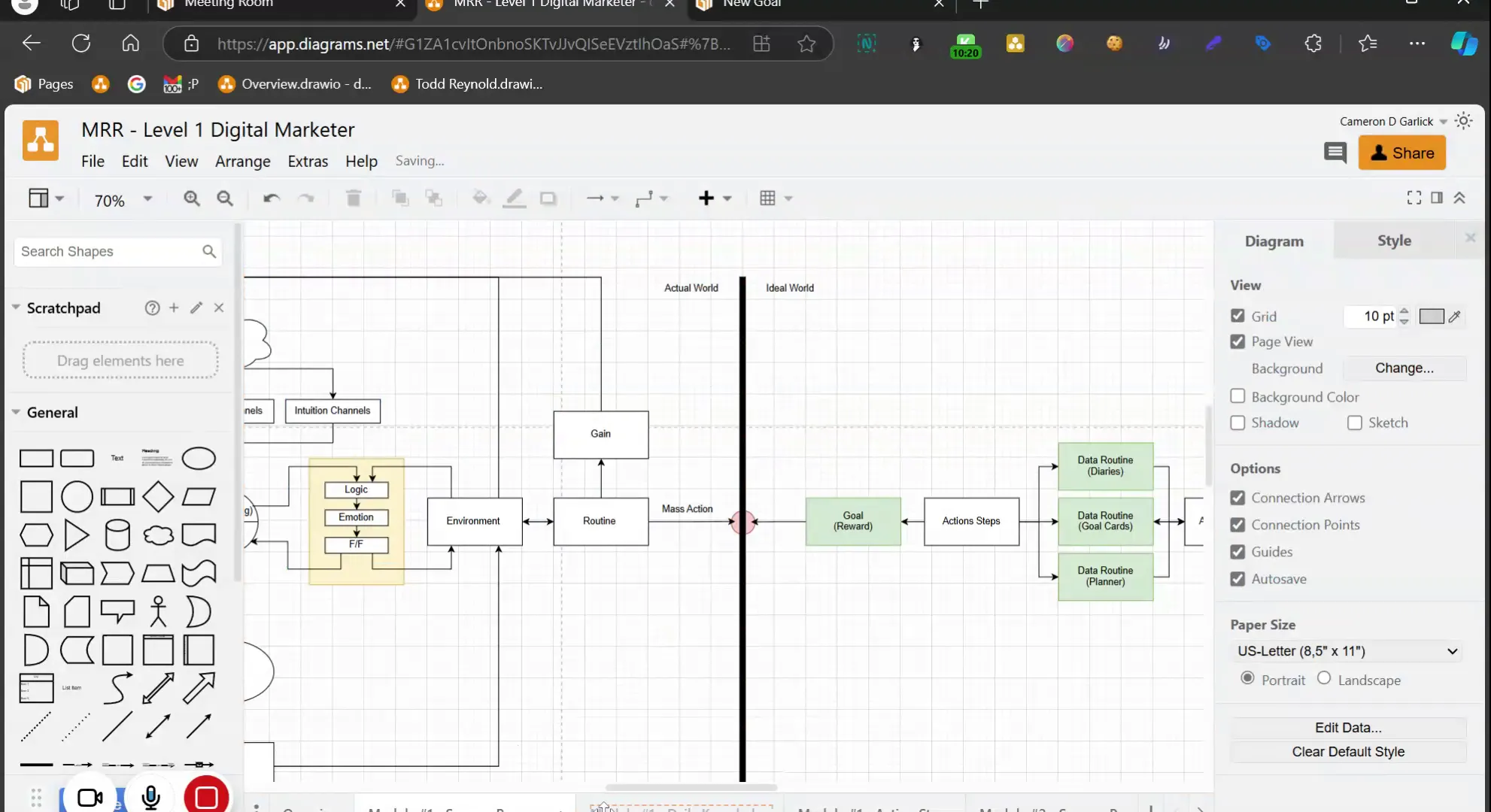
Developing a Step-by-Step Action Plan
Once you've defined your goals and identified sacrifices, it's time to create a step-by-step action plan. This plan will serve as your roadmap, detailing the actions needed to achieve your objectives.
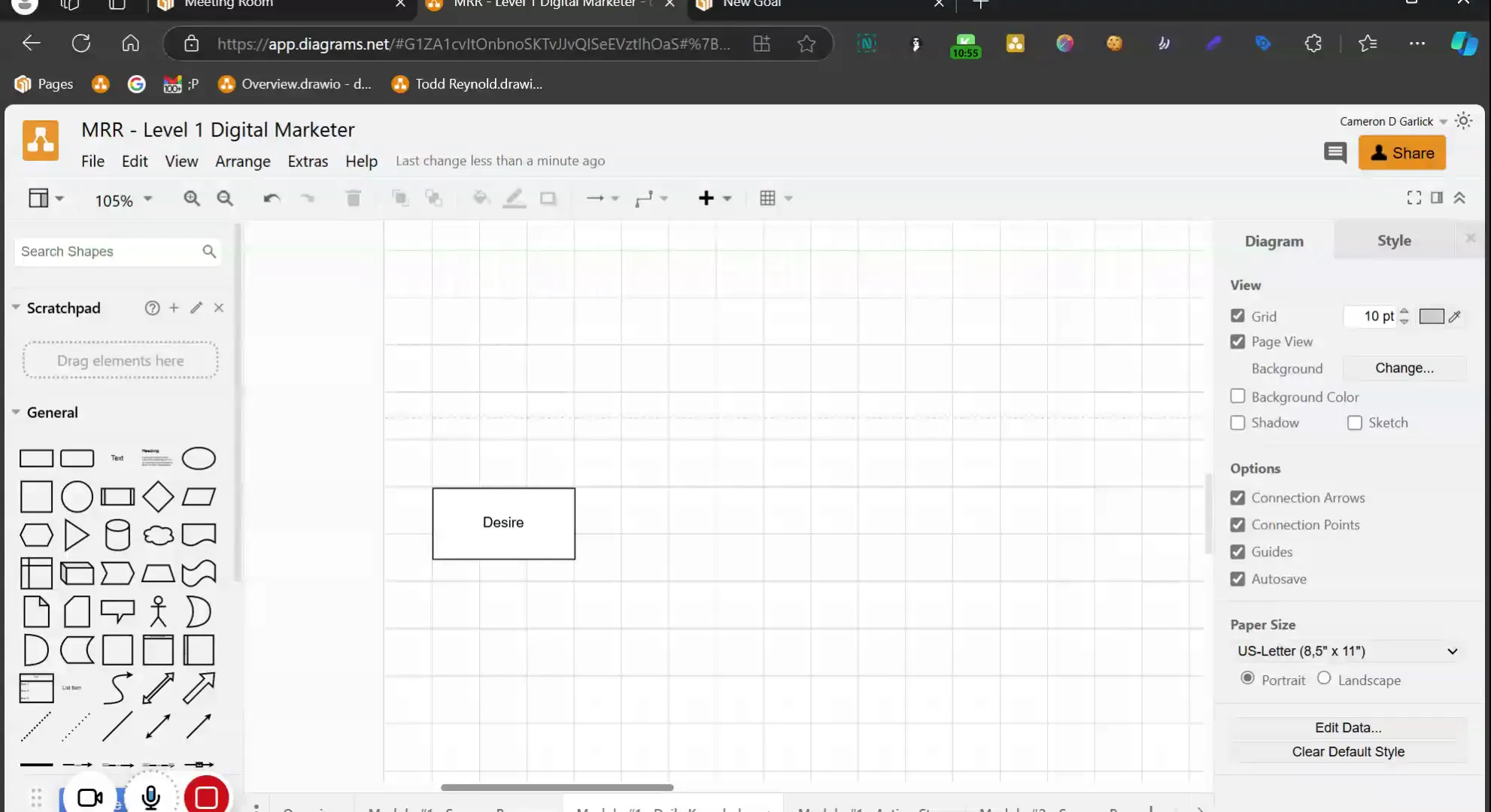
Components of an Effective Action Plan
Persistence and Structured Faith
Finally, persistence and structured faith are crucial to accomplishing any goal. These elements keep you motivated and committed, even when faced with obstacles.
Building Persistence
Structured Faith
Structured faith combines belief with action. It’s not enough to simply hope for success; you must actively work toward it while maintaining a positive mindset. This balance creates a powerful synergy that propels you forward.
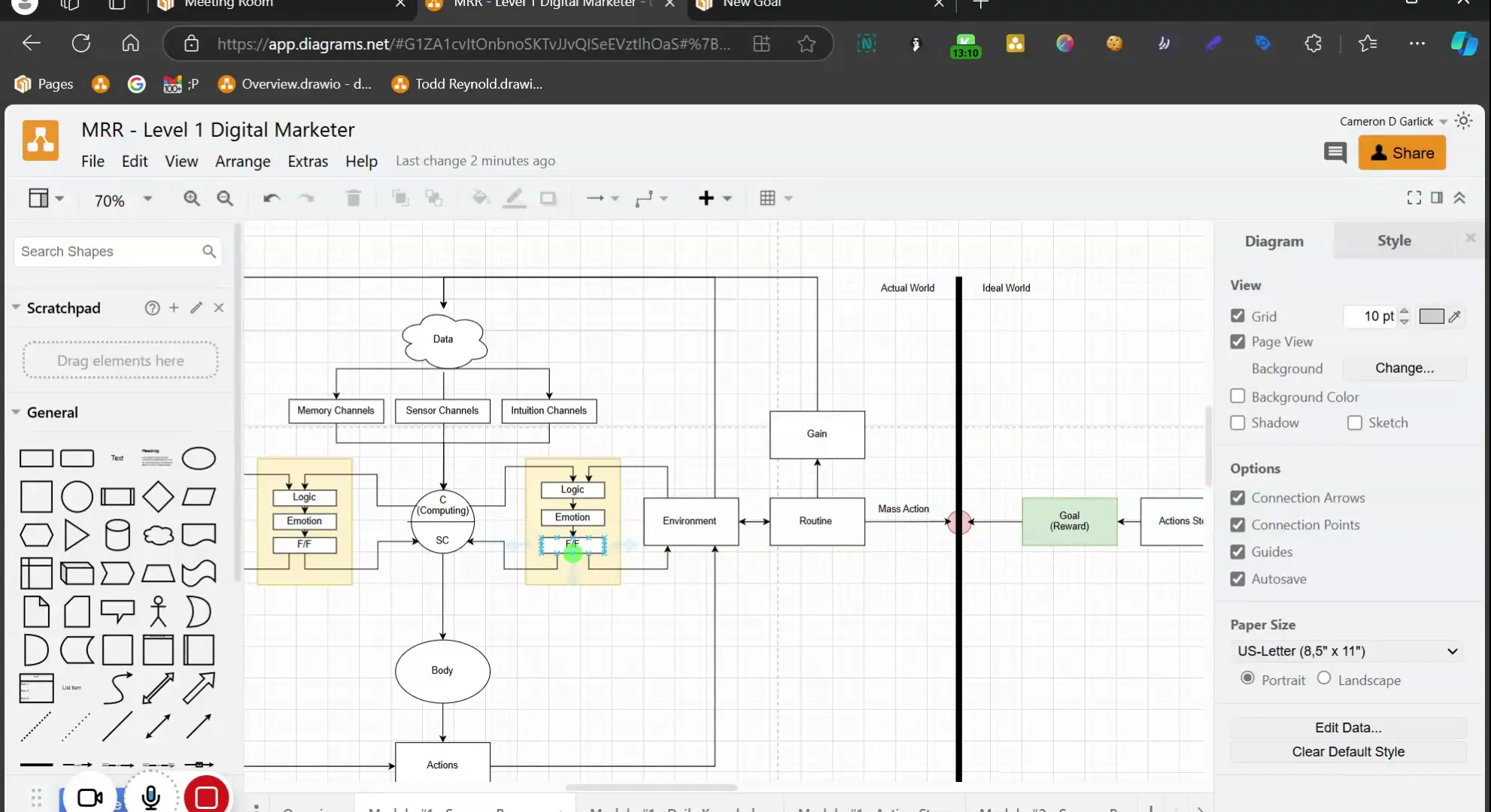
Creating a Routine for Autosuggestion
Establishing a routine for autosuggestion is vital for embedding your goals into your subconscious. This routine should involve daily practices that reinforce your ambitions and keep your mindset aligned with your objectives.
Begin each day with a dedicated time for reflection and affirmation. Choose a quiet space where you can focus solely on your thoughts and feelings. Utilize this time to repeat your affirmations, visualize your success, and immerse yourself in the emotions associated with achieving your goals.
Steps to Create Your Autosuggestion Routine
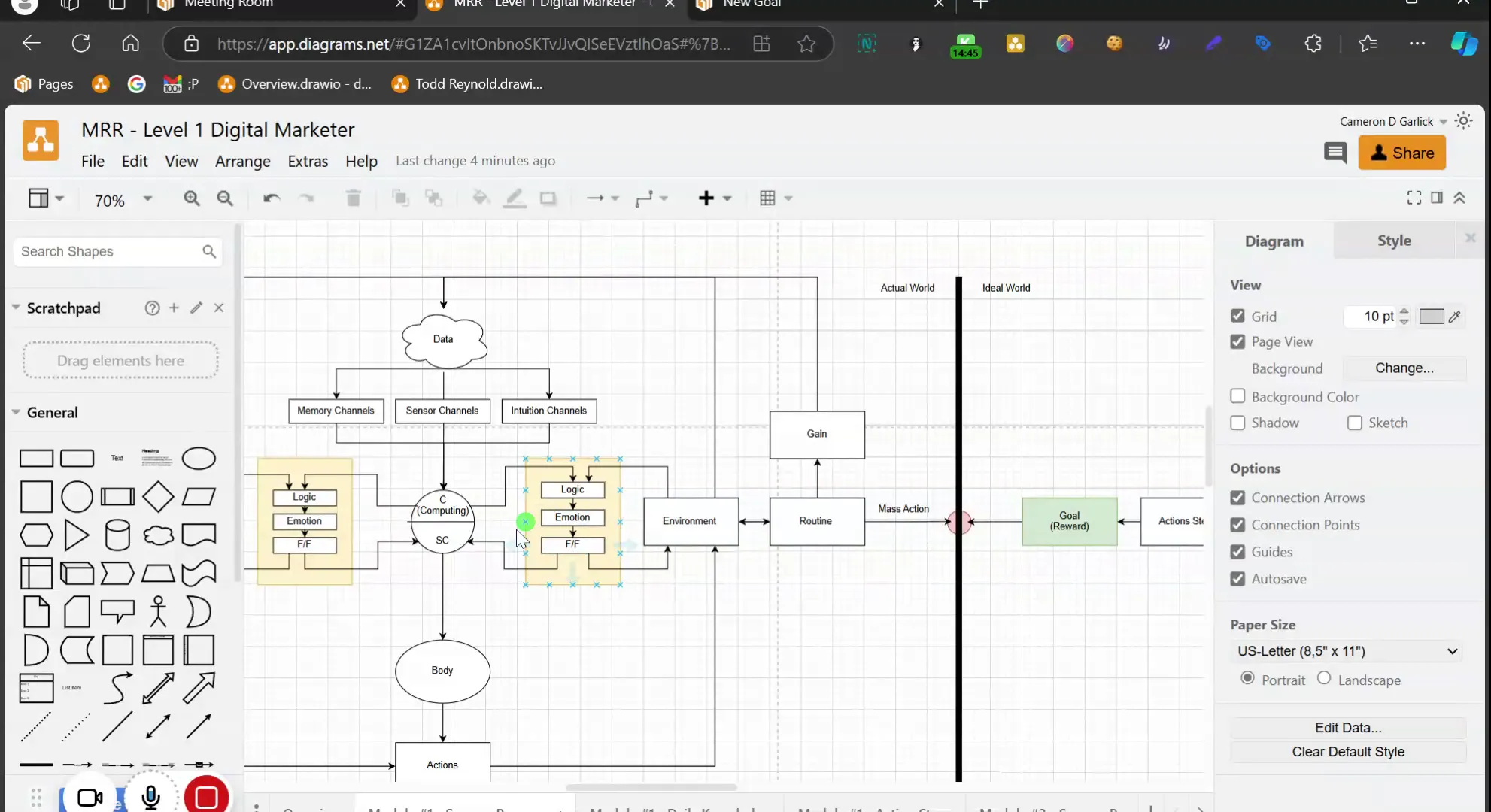
Finalizing Your Goal Card
With your autosuggestion routine in place, it’s time to finalize your goal card. This step ensures that your card is a true reflection of your aspirations and a powerful motivator in your daily life.
Review your goal card to ensure it is clear, concise, and inspiring. Make any necessary adjustments to your affirmations or visuals to ensure they resonate deeply with you.
Tips for Enhancing Your Goal Card
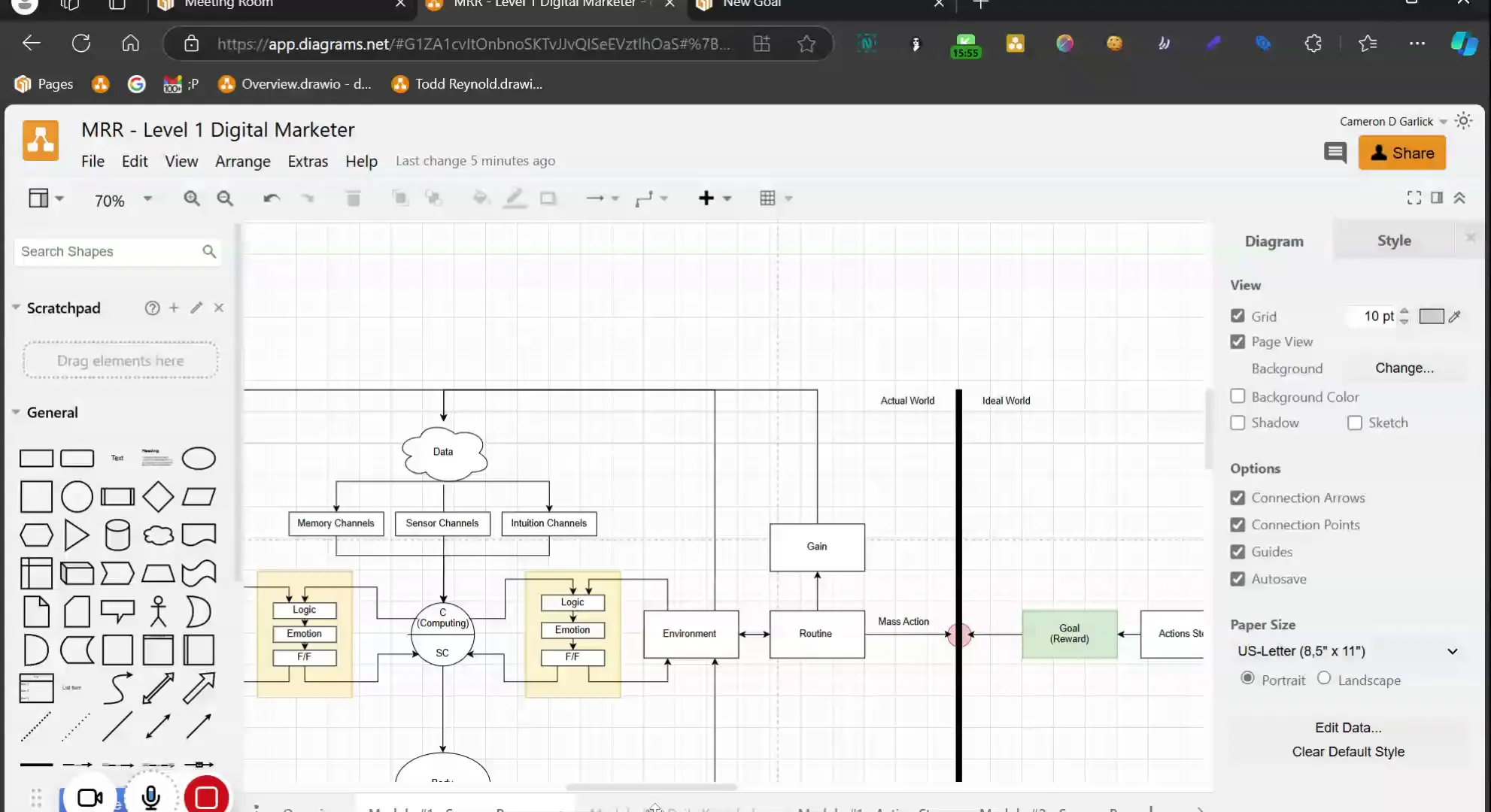
Sharing Your Goals and Gaining Support
Sharing your goals with others can significantly enhance your commitment and motivation. When you vocalize your aspirations, you create a sense of accountability that can help keep you on track.
Surround yourself with supportive individuals who encourage your journey. Whether they are friends, family, or mentors, having a support system can provide valuable insights and motivation.
Strategies for Sharing Your Goals
Conclusion: Achieving Any Goal
In conclusion, accomplishing any goal requires a structured approach that combines clarity, commitment, and consistent action. By utilizing tools like the goal card, establishing an autosuggestion routine, and sharing your aspirations with supportive individuals, you create a robust framework for success.
Remember, the journey towards your goals is just as important as the destination. Embrace the process, learn from each experience, and stay committed to your vision. With dedication and the right mindset, you can achieve any goal you set for yourself.
FAQ: Common Questions About Goal Setting
What is the best way to set goals?
The best way to set goals is to ensure they are SMART: Specific, Measurable, Achievable, Relevant, and Time-bound. This clarity helps maintain focus and track progress effectively.
How often should I review my goals?
Regularly reviewing your goals is essential. Aim for at least once a week to assess your progress and make necessary adjustments to your action plan.
What if I don't achieve my goals?
If you don’t achieve your goals, reflect on the reasons why. Use setbacks as learning opportunities and adjust your strategies as needed. Persistence is key.
Can sharing goals with others help me achieve them faster?
Yes, sharing your goals can create accountability and support. Engaging with others who believe in your vision can provide motivation and encouragement, helping you stay on track.
